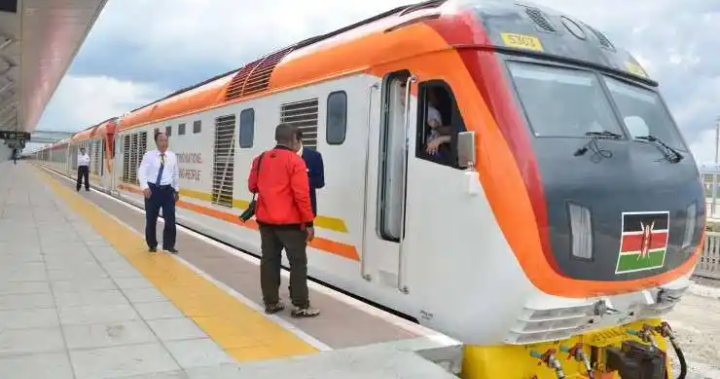The Standard Gauge Railway (SGR) project in Kenya has been surrounded by controversy and accusations of shady dealings since its inception.
The SGR, Kenya’s largest infrastructure project, was financed through loans from China, but details of the contract remained hidden from the public for years, fueling suspicions about its terms.
One of the key concerns revolves around the enormous cost of the project.
The initial contract for the Mombasa-Nairobi line was valued at $3.2 billion, with Kenya borrowing $1.6 billion from China at a 2% annual interest rate.
The project costs, however, ballooned due to what many believe were inflated prices for construction and equipment.
For instance, over KSh1 billion was spent on planting grass along certain sections of the railway, and the purchase of trains and equipment was allegedly overpriced, adding to the financial burden on taxpayers.
The secrecy of the SGR contract also raised eyebrows.
Former President Uhuru Kenyatta’s government refused to make the details public, even after a court order.
When the contract was eventually revealed in 2023 by Transport Cabinet Secretary Kipchumba Murkomen, it confirmed fears that Kenya had agreed to questionable terms.
One contentious clause required that any disputes be resolved in China, giving China an upper hand in any arbitration proceedings.
Additionally, the contract imposed restrictions on Kenya’s ability to purchase goods from other markets, mandating that China be the first choice.
Moreover, the project’s feasibility was brought into question from the start.
Despite warnings from Kenya’s own think tank, the Kenya Institute for Public Policy Research and Analysis (KIPPRA), that the railway would struggle to break even, the government proceeded with the plan.
The railway was designed to run only 12 trains per day, limiting its ability to transport enough cargo and passengers to make a profit.
As a result, Kenya now faces a massive debt, with taxpayers paying KSh1 billion monthly to operate the railway, in addition to repaying loans over the next decade.
In summary, the SGR contract not only placed Kenya in a vulnerable financial position but also exposed the country to unfavorable terms that could have long-lasting economic consequences.
The lack of transparency and exaggerated costs suggest that the project was marred by mismanagement and poor oversight.





















Add Comment